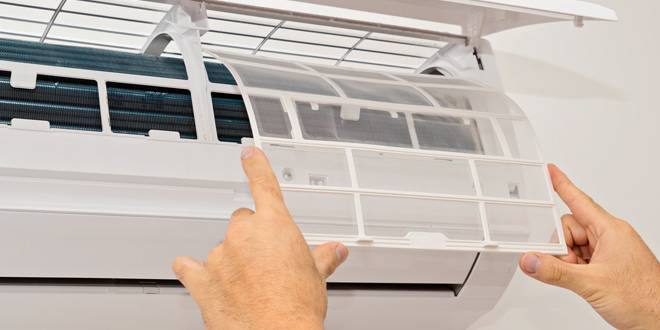
In the hustle and bustle of daily life, it’s easy to overlook the small yet essential components that keep our homes comfortable and safe. One such component is the air conditioning (AC) filter. Though often out of sight, AC filters play a crucial role in maintaining indoor air quality and the efficiency of your cooling system. Regular replacement of AC filters is not just a matter of comfort; it’s a health imperative.
Air filters trap dust, pollen, and other airborne particles, ensuring that the air circulating in your home is clean and fresh. Over time, these filters become clogged and less effective, forcing your AC system to work harder and consume more energy. This can lead to higher utility bills and potentially costly repairs. By understanding the importance of timely AC filter replacement, you can extend the life of your air conditioning unit, improve energy efficiency, and enjoy a healthier living environment.
In this comprehensive guide, we’ll explore why AC filter replacement is essential, how often you should change your filters, and what benefits you can expect from maintaining clean filters. We’ll also cover fun facts, provide a glossary of terms, and answer frequently asked questions about AC filter replacement.
Key Points Covered
Regular AC filter replacement is an essential part of maintaining an efficient and healthy home environment. In this guide, we’ll cover several critical aspects of AC filter maintenance:
- What is an AC filter and why is it important? We’ll explain the role of air filters in your AC system and how they contribute to indoor air quality.
- How often should you replace your AC filter? Learn about the factors that influence the frequency of filter changes, including filter type, usage, and environmental conditions.
- Benefits of regular AC filter replacement: Discover how clean filters can lead to improved energy efficiency, better air quality, and a longer lifespan for your AC unit.
- Different types of AC filters and their effectiveness: We’ll compare various filter types, including fiberglass, pleated, HEPA, and washable filters, and discuss their pros and cons.
- Fun facts about AC filters: Explore interesting tidbits and historical facts about air filters and their development.
- FAQs about AC filter replacement: Get answers to common questions and concerns about filter maintenance, selection, and performance.
Glossary of Terms
Understanding the terminology associated with AC filter replacement can help you make informed decisions about your HVAC system. Here’s a glossary of key terms:
- AC Filter: A device that removes particles from the air that circulates through a cooling system. It plays a vital role in maintaining indoor air quality by trapping dust, pollen, and other pollutants.
- HVAC: An acronym for Heating, Ventilation, and Air Conditioning, which are systems designed to regulate indoor climate. HVAC systems are essential for maintaining comfortable and healthy indoor environments.
- MERV Rating: Minimum Efficiency Reporting Value, a scale that measures the effectiveness of air filters. The higher the MERV rating, the more efficient the filter is at capturing airborne particles.
- Indoor Air Quality (IAQ): The quality of air within and around buildings, especially as it relates to the health and comfort of building occupants. Good IAQ is essential for a healthy living environment.
- Clogged Filter: A filter that is full of dust and debris, restricting airflow and reducing system efficiency. Regular filter replacement helps prevent clogs and maintains optimal airflow.
Understanding AC Filter Replacement
Air conditioning systems rely on filters to maintain the quality of air that circulates throughout your home. These filters capture dust, pollen, pet dander, and even bacteria, ensuring that your indoor environment remains healthy and comfortable. However, as these filters accumulate particles, they become clogged, reducing their effectiveness and forcing the AC unit to work harder to push air through.
Replacing your AC filter regularly is crucial for several reasons. First, it helps maintain optimal airflow, ensuring that your system can effectively cool your home without unnecessary strain. Second, it improves indoor air quality by preventing pollutants from circulating in your living space. Finally, regular replacement can extend the lifespan of your AC unit by preventing wear and tear on its components.
An AC filter that is not replaced regularly can lead to a range of issues. When a filter is clogged, it restricts airflow, causing the AC unit to work harder to maintain the desired temperature. This increased strain can result in higher energy consumption and utility bills. Moreover, a clogged filter can compromise indoor air quality, allowing dust, allergens, and other pollutants to circulate freely in your home.
To determine when to replace your AC filter, consider factors such as the type of filter, the number of people in your home, and the presence of pets. Filters should generally be replaced every 30 to 90 days, but more frequent changes may be necessary for households with allergies or pets.
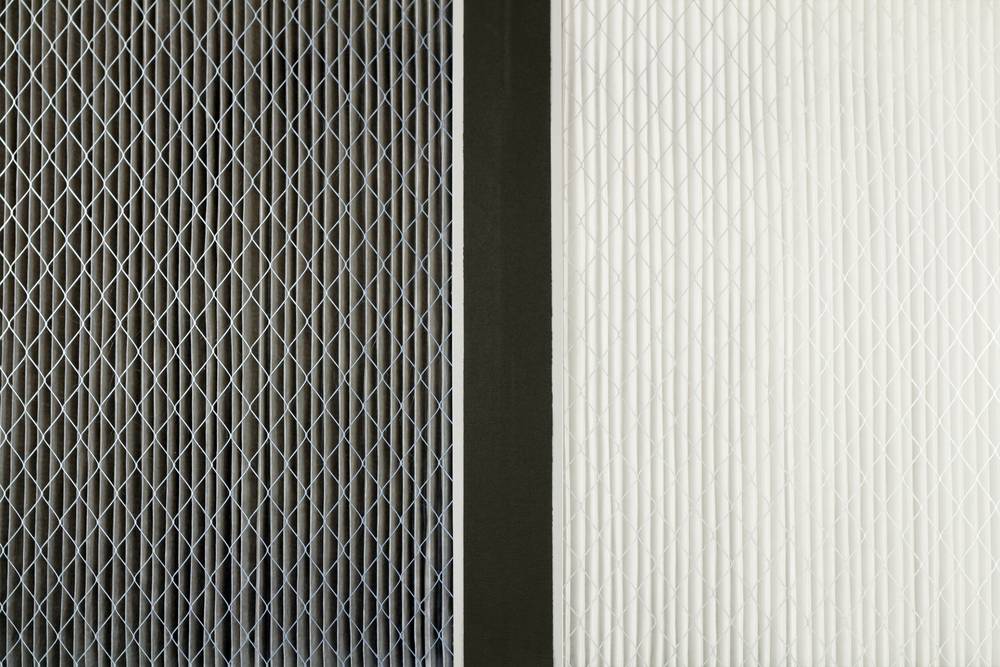
Filter Types and Replacement Frequency
Understanding the different types of AC filters and their replacement schedules can help you choose the right filter for your home. Here’s a breakdown of common filter types and their recommended replacement frequencies:
| Filter Type | MERV Rating | Replacement Frequency | Effectiveness |
| Fiberglass Filters | 1-4 | Every 30 days | Low cost, minimal filtration |
| Pleated Filters | 5-8 | Every 60-90 days | Improved filtration, affordable |
| HEPA Filters | 9-12 | Every 90 days | High efficiency, expensive |
| Washable Filters | 1-4 | Monthly maintenance | Reusable, eco-friendly |
| Electrostatic Filters | 5-10 | Every 90 days | High efficiency, self-charging |
Fiberglass filters are the most basic option, offering minimal filtration at a low cost. They are suitable for environments with minimal airborne contaminants. Pleated filters provide better filtration and are more effective at capturing smaller particles, making them a popular choice for residential use.
HEPA filters offer the highest level of filtration, capturing particles as small as 0.3 microns. These filters are ideal for individuals with allergies or respiratory conditions. Washable filters, as the name suggests, can be cleaned and reused, making them an eco-friendly option. Electrostatic filters use static electricity to capture particles, providing high efficiency and self-charging capabilities.
Benefits of Regular AC Filter Replacement
Regular AC filter replacement offers numerous benefits, ranging from improved energy efficiency to enhanced indoor air quality. Here are some of the key advantages:
- Improved Energy Efficiency: Clean filters allow air to flow freely through the system, reducing the amount of energy required to cool your home. This leads to lower energy bills and a reduced carbon footprint. By maintaining clean filters, you can ensure that your AC unit operates at peak efficiency.
- Enhanced Indoor Air Quality: Regularly replacing your AC filter ensures that dust, allergens, and other pollutants are effectively removed from your indoor air, promoting a healthier living environment. This is especially important for individuals with allergies or respiratory conditions, as clean air can help reduce symptoms and improve overall well-being.
- Extended System Lifespan: By preventing the buildup of dirt and debris, clean filters reduce the strain on your AC unit, helping to avoid costly repairs and extend the life of the system. A well-maintained system is less likely to experience breakdowns and can provide reliable cooling for years to come.
- Consistent Comfort: A well-maintained AC system provides consistent cooling, ensuring that your home remains comfortable throughout the hottest months of the year. Regular filter replacement helps maintain optimal airflow, allowing your system to cool your home evenly and efficiently.
- Reduced Maintenance Costs: Regular filter replacement helps prevent larger issues that could result in expensive repairs, saving you money in the long run. By investing in routine maintenance, you can avoid the hassle and expense of major system repairs.
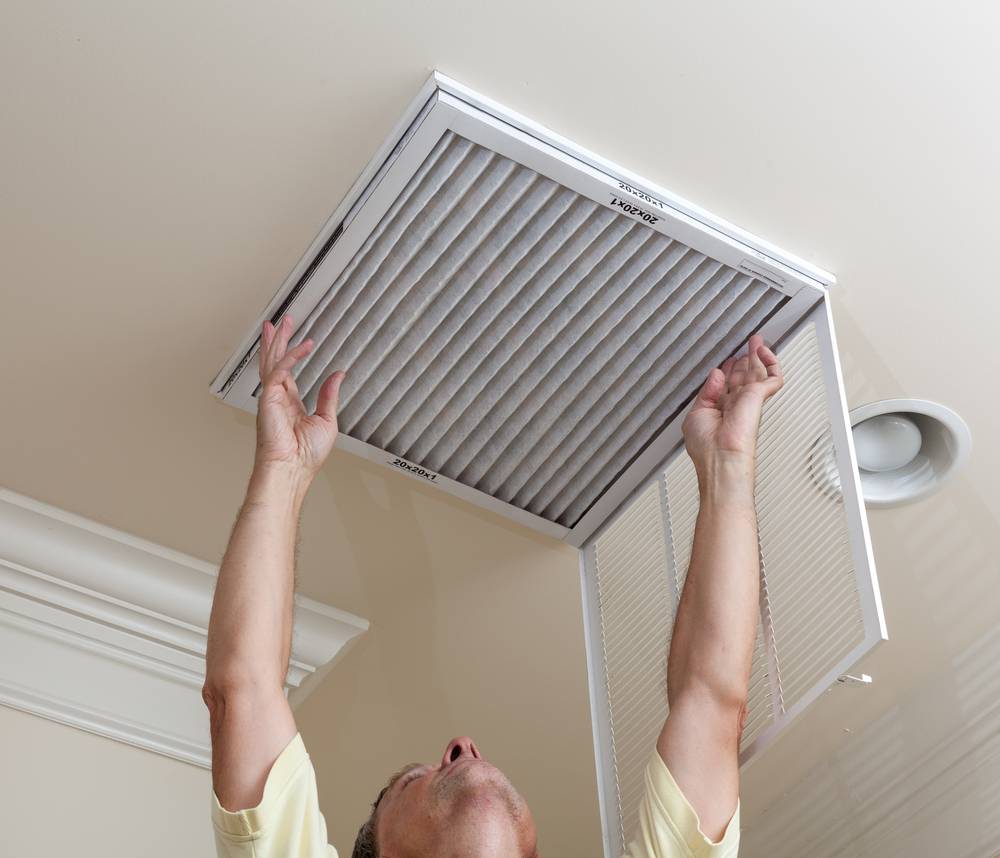
Fun Facts About AC Filters
AC filters are more than just functional components of your cooling system—they also have an interesting history and unique characteristics. Here are some fun facts about AC filters:
- Historical Origins: The first air filter was created in the 1800s to prevent soot from entering homes with coal stoves. Over time, air filters evolved to address a wider range of indoor air quality concerns.
- Pet Owners’ Alert: Homes with pets require more frequent filter changes due to increased dander and fur in the air. Pet hair and dander can quickly clog filters, reducing their effectiveness and impacting air quality.
- Surprising Statistics: According to the Environmental Protection Agency (EPA), indoor air can be two to five times more polluted than outdoor air, making filters essential for health. Clean filters are a critical component of maintaining healthy indoor air quality.
- Innovative Materials: Some modern filters are made from natural materials, like coconut fibers, to enhance sustainability. These eco-friendly filters offer effective filtration while minimizing environmental impact.
- HEPA Standards: HEPA filters must remove at least 99.97% of airborne particles larger than 0.3 microns, making them highly effective. HEPA filters are commonly used in environments where air quality is a top priority, such as hospitals and laboratories.
FAQs on AC Filter Replacement
Replacing your AC filter can raise a number of questions. Here are some frequently asked questions about AC filter replacement:
- How often should I replace my AC filter?
- Most filters should be replaced every 30 to 90 days, depending on the type and usage. Check the manufacturer’s recommendations for specific guidance. Factors such as the presence of pets, allergies, and air quality can influence replacement frequency.
- What happens if I don’t replace my AC filter regularly?
- A clogged filter can reduce system efficiency, increase energy costs, and lead to poor indoor air quality. Over time, a dirty filter can also cause wear and tear on your AC unit, potentially leading to costly repairs or system failure.
- Can I clean and reuse my AC filter?
- Some filters, like washable or electrostatic types, can be cleaned and reused. Others, like fiberglass and pleated filters, should be replaced. Always follow the manufacturer’s instructions for cleaning or replacing your filter.
- How do I know which filter is right for my system?
- Check your AC unit’s manual for the recommended filter type and size, or consult with an HVAC professional for guidance. Choosing the right filter is important for maintaining system performance and indoor air quality.
- Are more expensive filters always better?
- Not necessarily. Higher MERV ratings indicate better filtration, but it’s important to choose a filter that matches your system’s specifications. A filter with a MERV rating that is too high for your system can restrict airflow and reduce efficiency.
- Can a dirty filter cause my AC to stop working?
- Yes, a clogged filter can restrict airflow and cause the system to overheat, potentially leading to a shutdown. Regular filter replacement helps prevent this issue and ensures reliable system performance.
- Do air filters help with allergies?
- Yes, filters can capture allergens like pollen and dust mites, helping to reduce allergy symptoms. Using a high-efficiency filter can improve indoor air quality and alleviate allergy-related discomfort.
- Why does my filter get dirty so quickly?
- Factors such as pet ownership, high pollen counts, and frequent system use can cause filters to clog more rapidly. Consider these factors when determining how often to replace your filter.
- How do I replace my AC filter?
- Turn off your AC unit, remove the old filter, and install a new one following the airflow direction indicated on the filter. Regular filter replacement is a simple and effective way to maintain your AC system.
- Can I upgrade to a higher MERV-rated filter?
- It’s possible, but consult with an HVAC professional to ensure your system can handle the increased filtration without reduced airflow. An expert can help you choose a filter that balances efficiency and airflow.
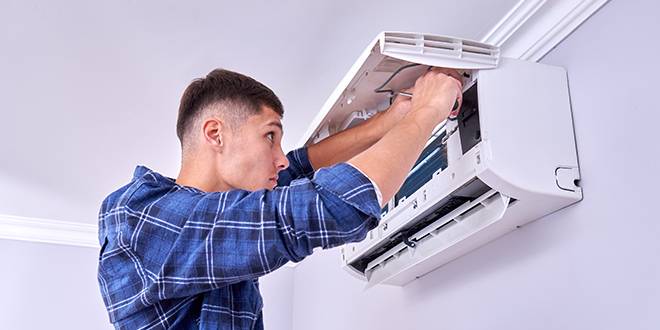
Stay Cool and Comfortable with Spencer Air Conditioning & Heating
Regular AC filter replacement is a simple yet powerful way to ensure the efficiency and longevity of your cooling system while promoting a healthier home environment. By investing in quality filters and adhering to a consistent replacement schedule, you can enjoy the benefits of cleaner air, lower energy bills, and a more reliable air conditioning system.
At Spencer Air Conditioning & Heating, we are committed to helping you maintain your home’s comfort and efficiency. Our team of experienced professionals is here to assist you with all your HVAC needs, from filter replacement to comprehensive maintenance plans. We offer a variety of services designed to keep your system running smoothly and efficiently. Our Comfort Maintenance Plan provides regular inspections and tune-ups to ensure your system is operating at its best.
Don’t wait until a problem arises—contact us today to learn more about our services and how we can help you achieve optimal indoor air quality. Our team is ready to answer your questions and provide the support you need to keep your home comfortable year-round.



